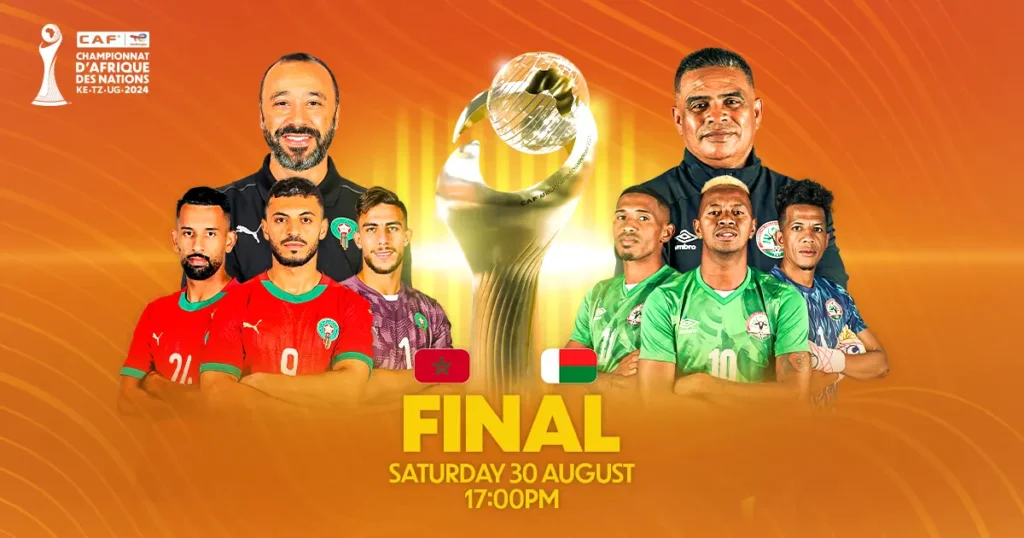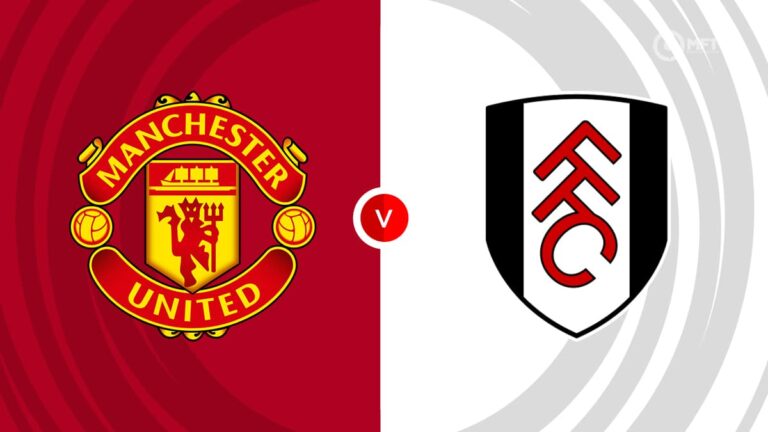
Among CAF’s most distinctive football events is the African Nations Championship (CHAN). Unlike the Africa Cup of Nations (AFCON), CHAN is open only to athletes who work locally. This is the stage where local stars, those who excite fans every weekend in Nairobi, Dar es Salaam, Kampala, or Algiers, take the spotlight to represent their countries.
Originally started in 2009, CHAN has evolved into a proud showcase of Africa’s grassroots football, demonstrating that international-calibre ability can emerge from local venues, in addition to not just Europe’s major leagues. Every two years, the competition is quite important and has proven deep roots. It strengthens continental pride, provides young players with international experience, and helps domestic leagues be seen.
For fans, CHAN celebrates indigenous identity, not only football. Officially, the CHAN 2024 postponed to 2025. The 2025 edition will always be remembered as the first to be cohosted by three countries: Kenya, Tanzania, and Uganda, with Zanzibar adding some unique flavour. From August 2 until August 30, East Africa became a football festival five stadiums Moi International Sports Centre Kasarani and Nyayo (Kenya), Benjamin Mkapa Millions of hopes were carried from Amaan (Tanzania and Zanzibar), Mandela National Stadium, Namboole (Uganda), and Namboole.
It was not only about the matches. It was the sea of fans in painted faces, the roar of drums echoing throughout the night, the dances in the stands, and the thrill of seeing regional champions perform on the continental stage.
The first game in Dar es Salaam set the tone. Hosts Tanzania swept aside Burkina Faso 2-0, their supporters transforming the Benjamin Mkapa Stadium into a stronghold of hues and chants. From then on, the continent realised this CHAN would be different. The stadiums were packed daily with crowds.
Fans packed Kasarani hours before Kenya’s first match against DR Congo, bursting in delight as the Harambee Stars won 1-0. When Uganda humbled Guinea 3-0 in Kampala, the stands shook; and when Senegal won a dramatic Group D opener in Zanzibar, the Amaan Stadium overflowed.
The group phase evolved to be one of dreams, shocks, and rebirth. With ten wins in a Nyayo classic, Kenya topped Group A with grit and somewhat avoided giant Morocco. However, Tanzania relied on home advantage to dominate Group B. Madagascar’s daring run won over many hearts throughout Africa. Driven on by tremendous home support, Uganda progressed from Group C with Algeria. Sudan shocked everyone in Group D by beating Nigeria 4-0 and advancing with Senegal into the knockouts.
The emotions fluctuated as well as the stakes when the quarterfinals arrived. Nairobi wept when Kenya dropped to Madagascar on penalties, their fairy tale ending after valiant efforts was shortened.
Dar saw Morocco 1-0, which silenced the Taifa Stars supporters but was praised for their resiliency. Senegal smashed Uganda 1-0 in Kampala; Sudan edged Algeria on penalties in Zanzibar, causing shocks throughout the continent. The semis told their own narrative. Madagascar shocked Sudan with an extra-time goal in Dar es Salaam, a historic event seeing the islanders qualify for their first CHAN final. That same evening in Nairobi, Morocco and Senegal played a tense 1-1 draw before Morocco triumphed 5-3 on penalties, demonstrating why they are CHAN masters.
The third-place playoff was held in Kampala on August 29. After a 1-1 draw, Senegal narrowly defeated Sudan on penalties to win bronze medals and inspire musical and dance activities for their supporters. At last, Nairobi’s Kasarani Stadium became the cathedral of African football on August 30.
On 30th August 2025, Morocco has been crowned as the winners of CHAN 2024 after beating Madagascar at Moi International Sports Centre Kasarani in Nairobi, Kenya
CHAN 2025 is not only about trophies and ambitions. It concerned pride, culture, togetherness, and the pure love of football. It has given African football new heroes, given fans memories to last a lifetime, and once again demonstrated that Africa’s biggest gift is not simply sent overseas; it is flourishing at home.
August 2025 will mark the month East Africa remembers as the time the continent came to its doorsteps and the world experienced the energy of its people, when the dust settles.
